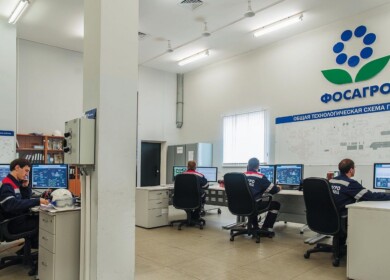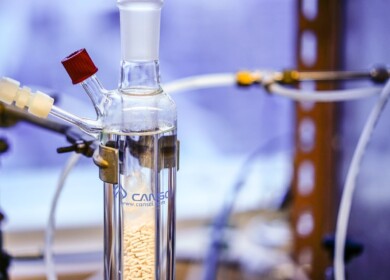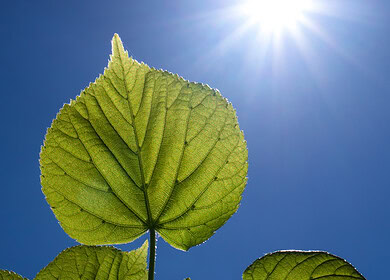PhosAgro took part in a seminar on the agriculture intensification

PhosAgro and the Russian State Agrarian University, with the support of the Russian Academy of Sciences (RAS) and the Avgust company, held a joint scientific and practical seminar “Intensification of agricultural production in a changing climate.”
Global climate change is becoming an increasingly urgent problem in agriculture. The growth in population, the decrease in soil resources, combined with the increasing signs of global warming, pose an urgent task to intensify agriculture with a decrease in the carbon footprint.
At the event, held at the PhosAgro educational center and experimental fields of the Russian State Agrarian University, joint scientific experiments were demonstrated on spring wheat, peas, spring rapeseed using biologized fertilizer systems and highly effective plant protection systems of the Avgust company, and experiments were shown to study the carbon footprint of various brands of PhosAgro fertilizers on spring barley.
The seminar was attended by representatives of the Russian Academy of Sciences, more than 20 research institutes, as well as partner companies interested in solving problems in combating climate change. It’s noteworthy that the scientific and practical seminar, which took place a few days after the Russia-Africa summit, was attended by young promising specialists in the field of agriculture from the countries of the African continent – Eritrea, Chad and Benin.
On an area of 2.5 hectares, pilot plots with innovative biologized fertilizer systems were shown in comparison with non-biologized counterparts. As part of the PhosAgro Carbon Landfill climate project, experimental plots were presented to study the carbon footprint of various brands of fertilizers with and without the application of a biological component.
These studies are unique in Russia, they will allow to study the carbon and nitrogen fluxes in the “fertilizer-plant-soil” system when using biologized grades of mineral fertilizers in comparison with non-biologized analogues. As a result of the work, the most eco-efficient nutrition systems based on biologized fertilizers and their original analogues will be determined. In the future, this will make it possible to minimize the carbon footprint from the use of mineral fertilizers in agriculture, increase crop yields and crop quality through the introduction of new agricultural biologization techniques that reveal the biological potential of crops and the efficiency of nutrient use.
The seminar included a panel discussion on global climate change, the role of agriculture and forests in the global climate agenda, ways to intensify agricultural production and reduce greenhouse gas emissions.
PhosAgro is constantly looking for new approaches to minimize the impact of the company’s production and products on the environment. Active and comprehensive interaction with science, the development of the Company’s integrated climate strategy and the introduction of products with improved environmental performance are an integral part of the Company’s contribution to the future of our country and the world.
Enjoyed this story?
Every Monday, our subscribers get their hands on a digest of the most trending agriculture news. You can join them too!















Discussion0 comments